AI in Executive Search is the Baseline
Artificial Intelligence in executive search, by now, is a given. Siri. Alexa. Facebook. LinkedIn. Tesla. If you can name it, talk to it, search it, or drive it — AI is your co-pilot. Yes, it is omnipresent in business.
The software we use and the social networks we leverage are infused with the latest machine learning and AI algorithms. In executive search, companies and search firms regularly harness its power. As a result, AI is no longer a point of difference — not when virtually everyone is using it. Consequently, AI doesn’t offer search firms or corporate recruiters a competitive advantage in executive recruiting. In many ways, executive search is “same as it ever was”. “Once in a Lifetime” by the Talking Heads pretty much nailed it.
The Talking Heads
Once in a Lifetime: The Art of the Talking Heads
Letting the days go by, let the water hold me down
Letting the days go by, water flowing underground
Into the blue again, after the money’s gone
Once in a lifetime, water flowing undergroundSame as it ever was, same as it ever was
— “Once in a Lifetime”. Songwriters: Brian Eno, David Byrne, Tina Weymouth, Jerry Harrison, Christopher Frantz
Same as it ever was, same as it ever was
Same as it ever was, same as it ever was
Same as it ever was, same as it ever was
AI in Executive Search: Same As It Ever Was
I talk about music frequently because it is a source of inspiration and the center of my personal universe. I married saxophonist Crispin Cioe after we met at a party at Keith Richards’ house. Crispin later introduced me to our neighbors and friends Drummer Chris Frantz, and Bassist Tina Weymouth of the Talking Heads. Along with singer David Byrne, their art doesn’t imitate life so much as hold up a mirror.
What Hasn’t Changed in Executive Search
Let’s say you have an important senior executive opening. Recruiters develop interested, qualified candidates — and yet, in the back of your mind, you’re left with the nagging feeling that the executives may not be the best that the market has to offer.
Based on what we’ve witnessed, in most cases, your hunch is spot-on. Most retained executive search firms and most internal executive search teams miss stellar executives that would have been the perfect hire. It happens all the time.
AI Is Dependent On Data From Which It Learns
AI in executive search is dependent on the data from which it learns. Yet crowd-sourced candidate data from LinkedIn members is flawed — it’s either incomplete, outdated, or peppered with misleading information. As a result, recruiters often fail to uncover rock stars and A-players. Searches talk longer than they should. And some hires fizzle because the right person person for the job didn’t even make it onto the long list. And that’s not all.
Artificial Intelligence Is Designed to Upsell Us
Making matters worse, as much as AI is designed to help, it is also designed to upsell you. So it holds back information that ought to be easy to find. AI throttles the data to force you into ever more expensive premium licenses. A quick “Google” search returns public profiles that LinkedIn hides from paying subscribers. Moreover, the filters you get with premium licenses are crude. So sourcers waste an extraordinary amount of time searching LinkedIn. Artificial Intelligence in executive search is not the panacea it is cracked up to be.
AI Doesn’t Give You What You Really Want
Though LinkedIn is powered with AI, it does not tell you how a company is structured, where passive candidates sit, or whether you’ve found all viable candidates. Quite simply, LinkedIn doesn’t work that way. (But we do. We recruit differently.)
Consequently, sourcers repeat LinkedIn keyword searches, duplicating earlier work as they attempt to plug holes in their passive candidate research. Yet all too often, the same LinkedIn search will yield different results. That unreliable outcome leaves recruiters with an uneasy sense that they are missing important candidates. And, yes, they absolutely are.
When Everyone Uses It, AI Is Not a Competitive Advantage
I don’t mean to be a buzzkill. AI is great. But when everyone uses it — when it is embedded in the software and social network tools that virtually every company and every recruiter uses — you lose the competitive advantage. To gain the advantage, you need something that a point of difference that competitors cannot duplicate. The problem with AI is that it can be.


